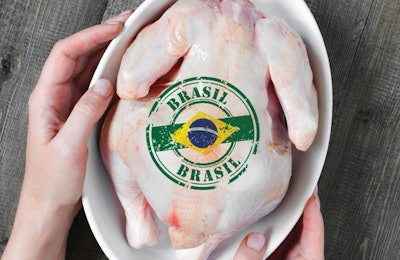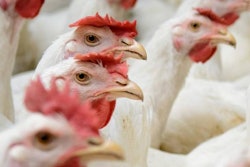
The recent unanimous decision of the European Union (EU) to ban chicken imports from 20 plants in Brazil adds to the series of blows that the poultry industry of that country has received in recent times.
Brazilian poultry producers are strong and have worked hard for this. They have been working for years, joining forces, developing campaigns, opening up to the world and showing what they do, but, above all, producing poultry with quality and high efficiency.
Brazil also has raw materials in abundance, such as corn and soybeans, and the much-prized water. Due to its geographical characteristics, it has a barrier, the Amazon, which until now, together with the very strict biosecurity, has kept the country free from the devastating avian flu virus. Experts say that Brazilian poultry production, in all its aspects, is a model to observe and imitate.
So, if it has been so successful and is a model to be imitated, what is the problem? It has exported to Europe and a total of 170 countries. It is also the first halal chicken exporter in the world. A country that does not produce with quality and controls does not achieve all of this.
On the other hand, is Europe's folly of the way in which standards are applied to salted chicken and fresh chicken without salt with respect to the ubiquitous Salmonella. Considering that nobody eats raw chicken and that all of this chicken goes to industrialization, where it is cooked, there should be no problem.
It seems that there is something else. A director of the ABPA told me that if the EU doubts the quality of Brazilian poultry, Brazilians also doubt what is the cause behind this, in particular if the import quotas are analyzed: 200,000 metric tons of salted chicken and 20,000 metric tons of fresh chicken without salt. It is evident that Europeans need more than 20,000 metric tons of chicken, so the collection of tariffs above this amount could be lucrative. I clarify: it is a supposition.
Therefore, I wonder, do they benefit the consumer? Please, don’t tell me they banned those twenty plants for sake of food safety.
What do you think?


















